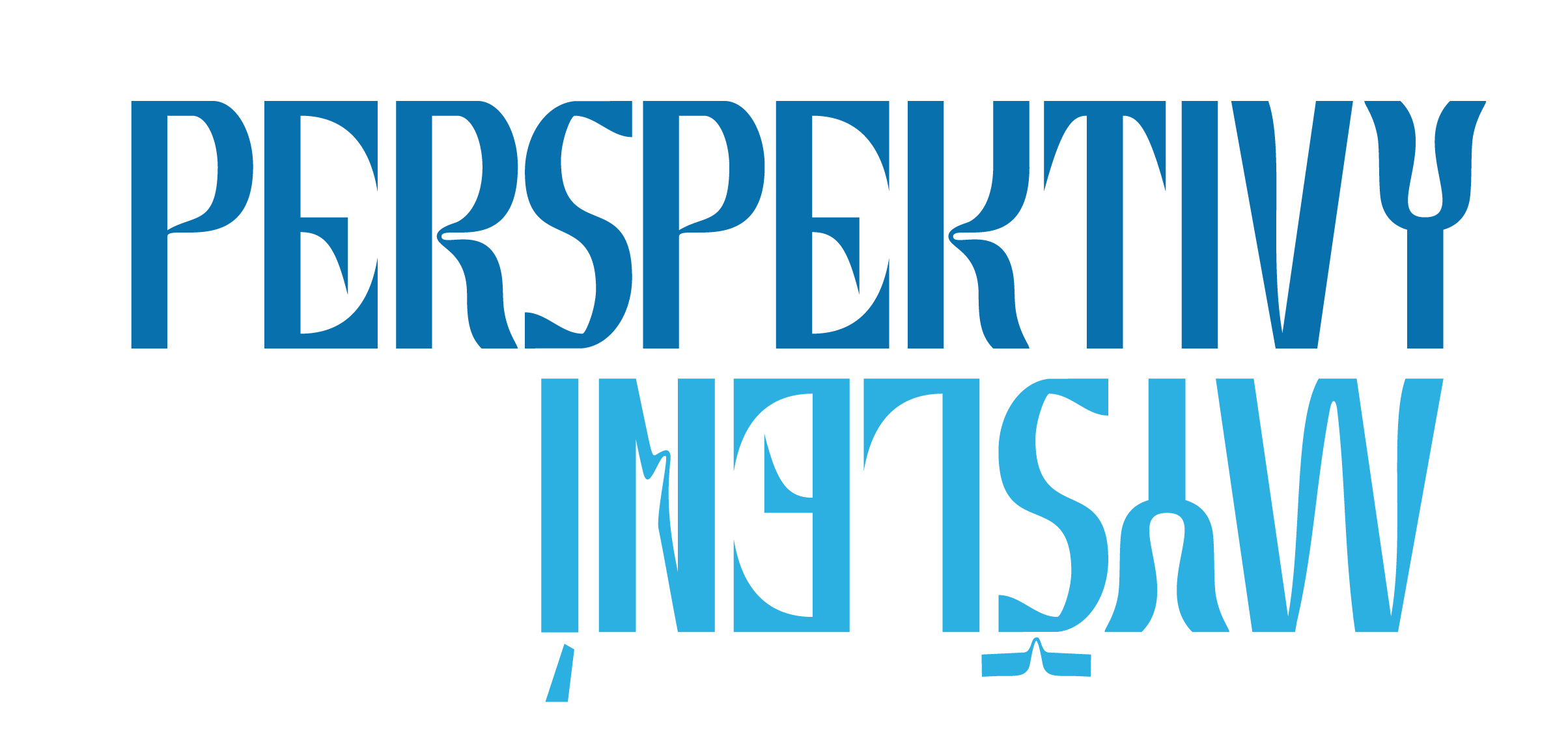Quantum Indeterminism and Its Philosophical Interpretations for Existence
Autor/ka: P. RNDr. ThLic. Jiří Kučera, MA, Ph.D.
Department of Philosophy, Faculty of Arts and Letters, Catholic University in Ružomberok
Abstrakt
The aim of the article is to prove that just as Newtonian physics was absorbed by Einstein’s theory of relativity, which itself later became a special case of quantum physics, so classical deterministic metaphysics was replaced by quantum philosophy, which opened completely new horizons for thinking about the paradoxical consequences of the behavior of quantum reality, proving the probabilistic indeterminism and randomness of all phenomena in the universe of infinite possibilities (De Caro & Putnam, 2020). Bizarre and theoretically difficult to define quantum thinking, together with Heisenberg’s uncertainty principle and stochastic description of particles, has unfathomable consequences for philosophical understanding of different views about the world, ethics, consciousness, metaphysics, as well as free will (Prigogine & Stengers, 1997). Quantum mechanics also reverses the order of philosophical disciplines, since epistemology affects ontology, not the other way around (Styer, 2000). In the context of the ‚uncertainty principle‘, the claim to complete objectivity cannot be accepted anymore. Louis de Broglie says: „Quantum physics shows that a description of physical reality that is completely independent of the means by which we observe it is strictly impossible“ (Cushing 1989, 13). Indeterminism, with the probabilistic aspect of all existence, is the most basic feature of our understanding of the world, in both an existential and a moral sense, and influences all actions of an individual who becomes now a protagonist and an active player on the world stage, through quantum ´optics´ (Pitman 2012). As explorations in philosophy merge with uncertainties within quantum mechanics, this progression in thought due to quantum indeterminism reveals an intricate mosaic pondering on existence’s causality aspects, considerations, and how deterministic frameworks contrast with indeterminate chances to mold our comprehension of existing reality.
Klíčová slova: quantum, corpuscular, metaphysics, subjectivity, free will
Reference
- CUSHING, T. James (1989). Philosophical Consequences of Quantum theory. Ed. E. McMullin. Indiana: Notre Dame University Press. ISBN 0-268-01579-1.
- DE CARO, Mario & PUTNAM, Hilary (2020). Free Will and Quantum Mechanics. [online]. In: The Monist 103 (4):415-426. DOI 10.1093/monist/onaa014.
- PITMAN, Michael (2012). Freedom, Indeterminism and Imagination. [online]. In: South African Journal of Philosophy 31 (2):369-383. DOI 10.1080/02580136.2012.10751782.
- PRIGOGINE, Ilya & STENGERS, Isabelle (1997). The End of Certainty: Time, Chaos, and the New Laws of Nature. New York: Free Press. ISBN 978-0684837055.
- STYER, F. Daniel (2000). The Strange World of Quantum mechanics. Cambridge: University Press. ISBN 978-0-521-66780-7.
